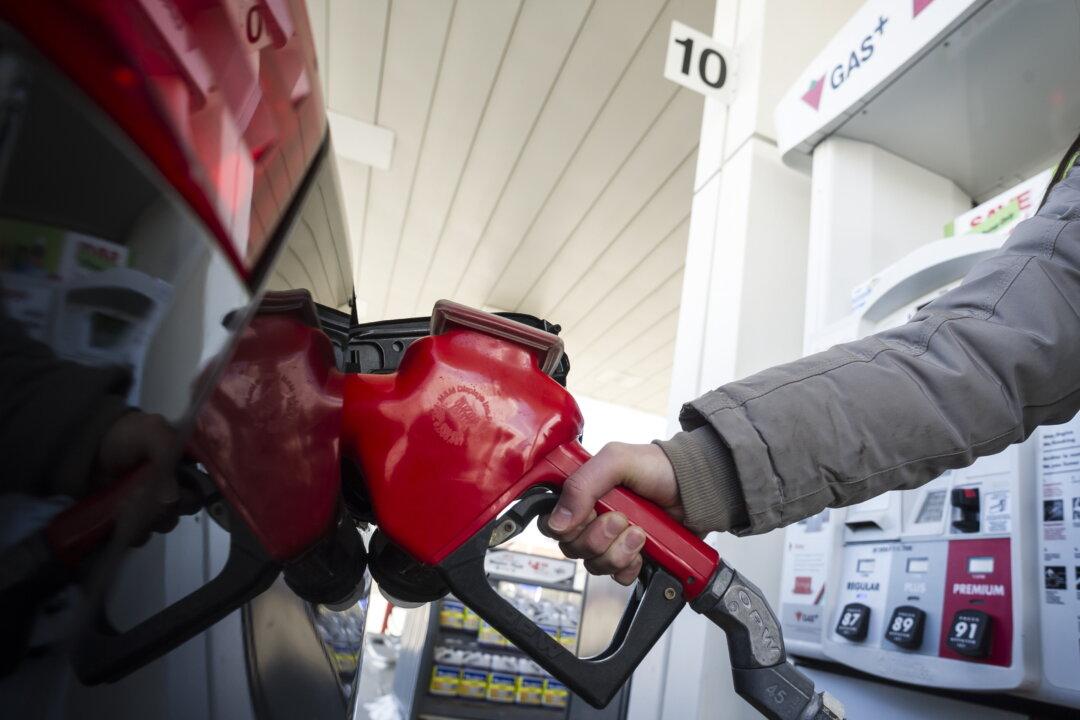The Liberal MP who broke ranks with his government to vote in favour of the Conservative’s motion to axe the carbon tax, said the policy is hurting both rural Canadians and the Liberals’ chances of being re-elected.
“I did that because I believe we have to change the way we’re approaching the climate change incentive or whatever you want to call it. I think what we’re using right now, at this time, at this point in time, is putting a bigger burden on people who are now struggling with an affordability crisis,” Liberal MP Ken McDonald said Oct. 6, on CBC’s “Power and Politics.”





